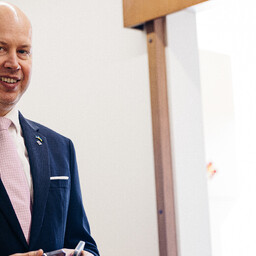Chancellor of Justice Ülle Madise said that state money should not be spent on technology that restricts fundamental rights. Taro agreed with Madise and said it was reasonable to meet and discuss the topic.
The Data Protection Inspectorate announced that it has begun supervision over the number recognition system. Taro said they are working on responding to supervisory inquiries.
The Chancellor of Justice also said that the Riigikogu should establish by law when people's data can be collected and used. Taro agreed and said that the Riigikogu can initiate laws itself.
Taro said that a joint meeting of the Constitutional Committee and the Legal Affairs Committee will take place in the near future, where he plans to discuss the topic. He said that technological development is outpacing the legal framework and requires adaptation.
Taro added that due to rapidly changing circumstances and technological advancements, the legal framework must constantly evolve. He said that the Riigikogu always has work to do in improving and amending laws.
Taro said that sometimes regulations need to be changed to reduce bureaucracy. He added that the adoption of new technologies also requires changes to the legal framework.
The Interior Minister could not say whether systems similar to the number recognition system are being used or developed in Estonia. He said that similar technology is used in parking lots and gas stations, and it makes people think about their consents.

